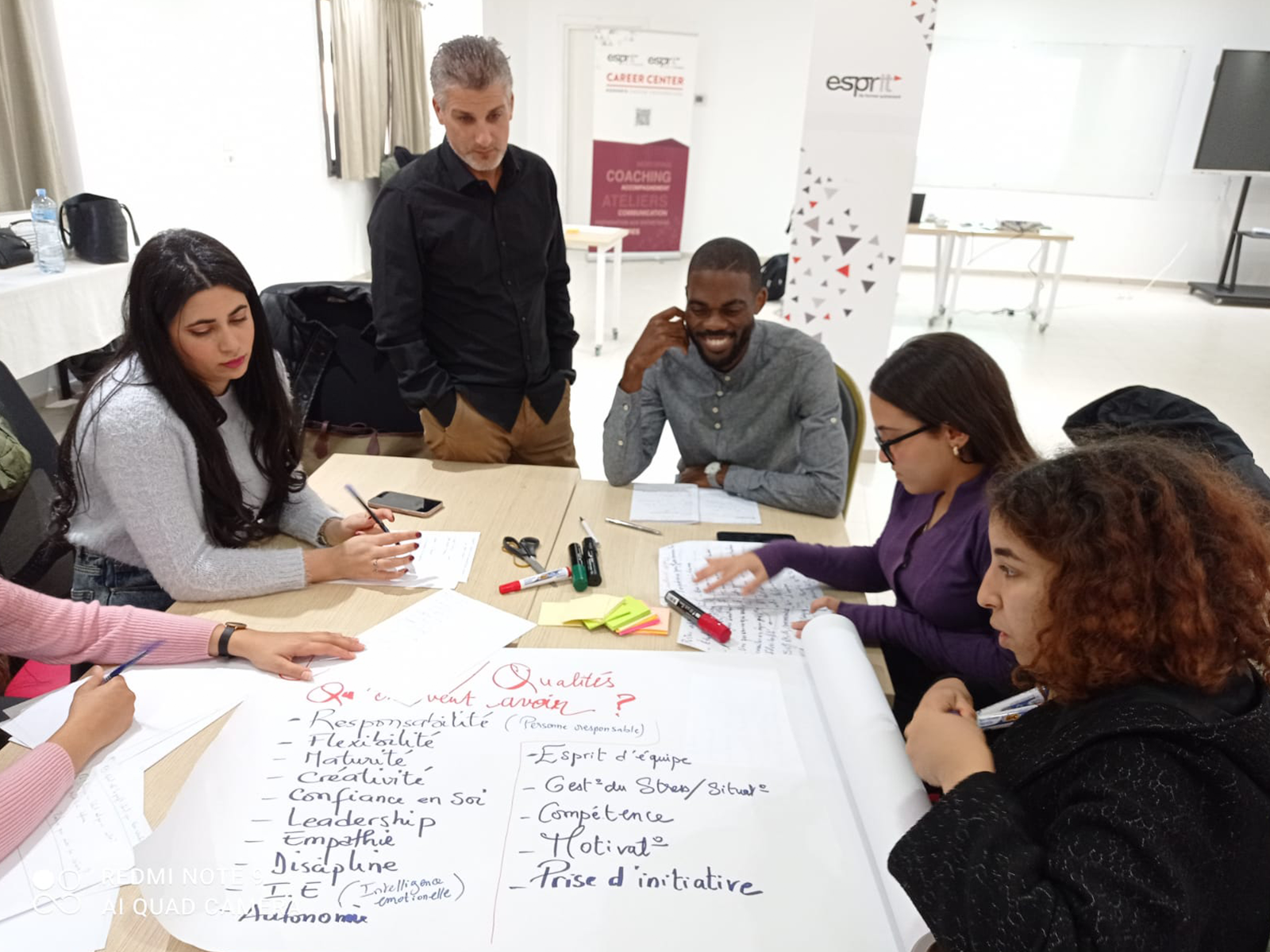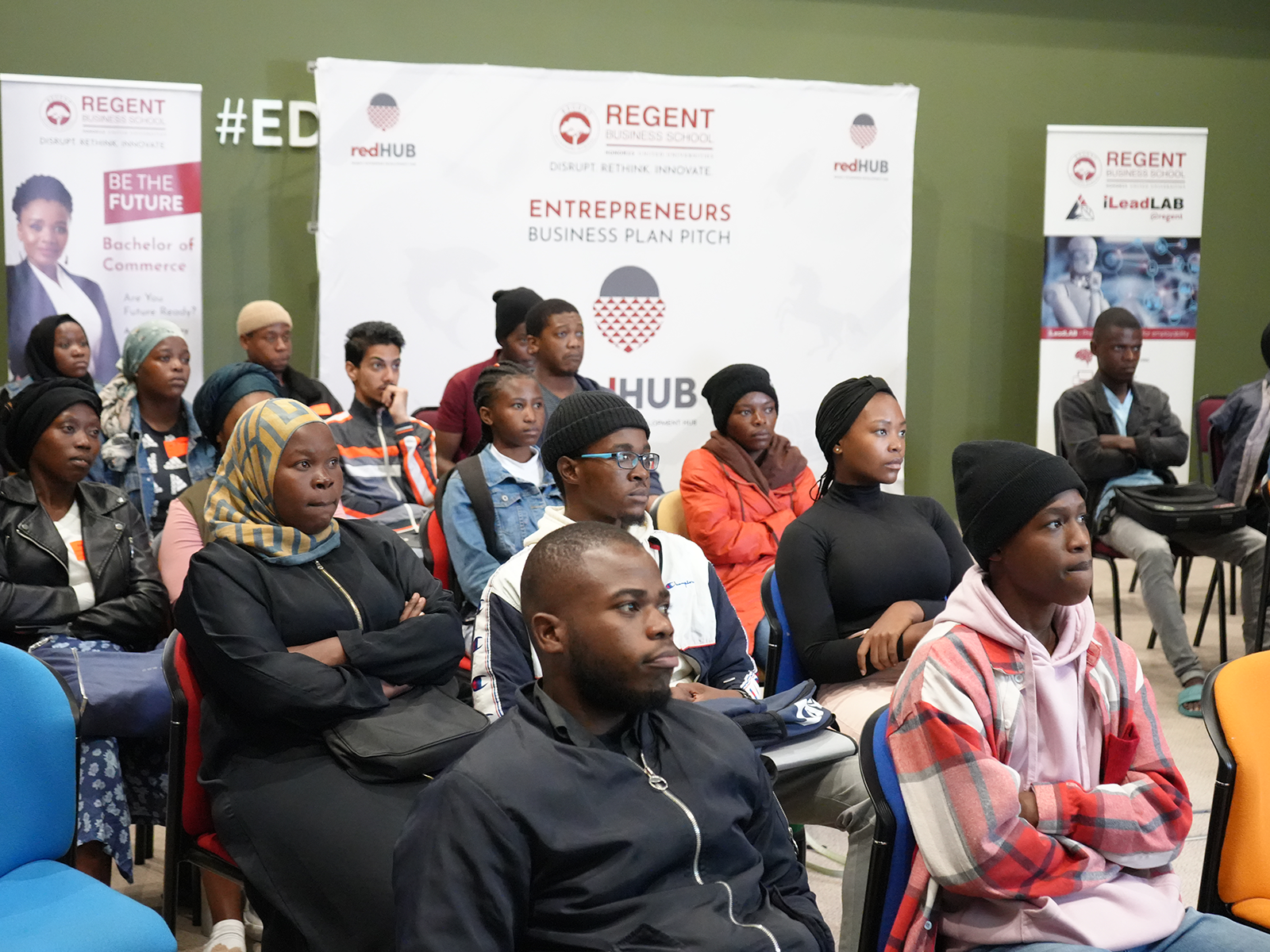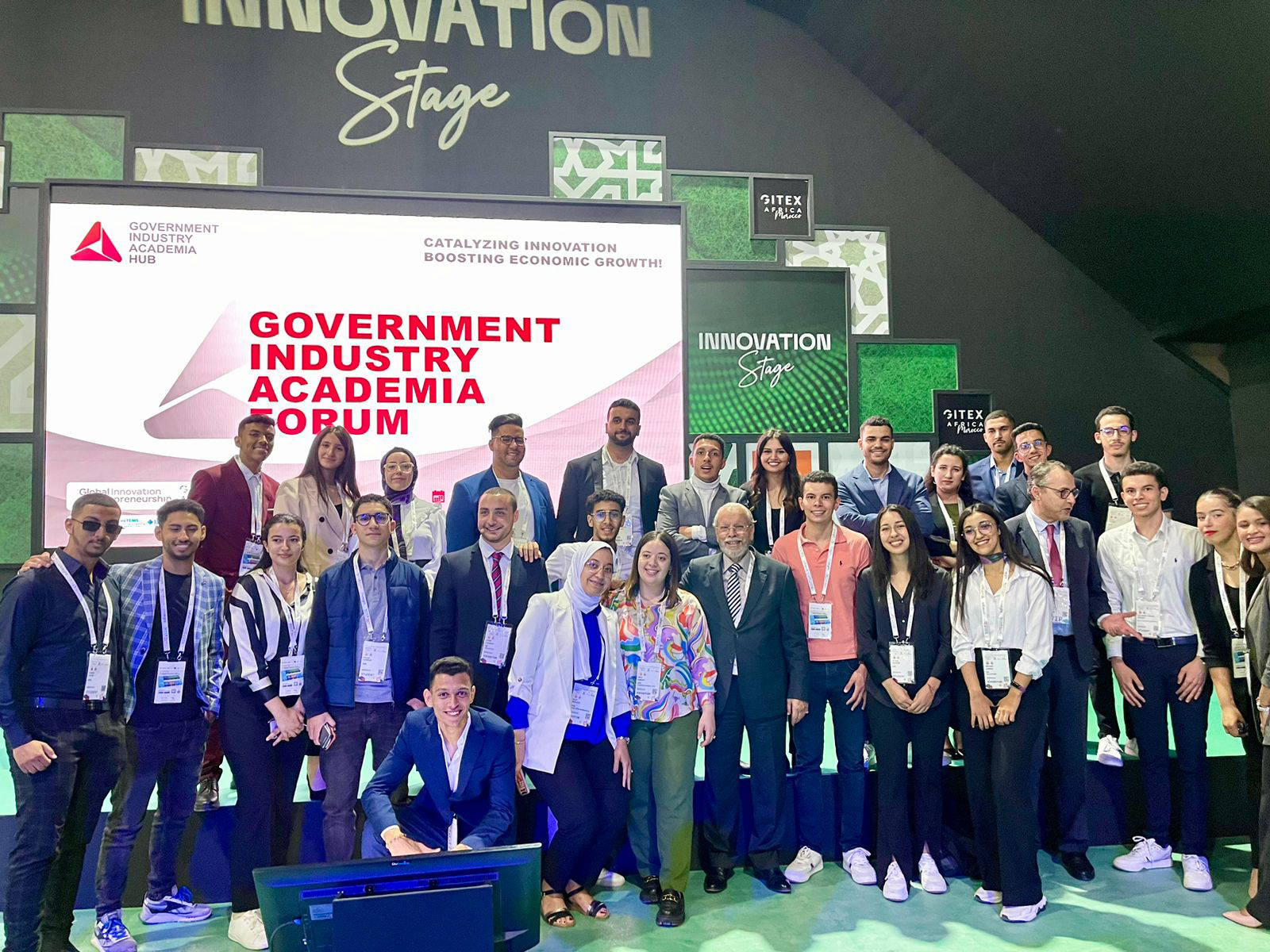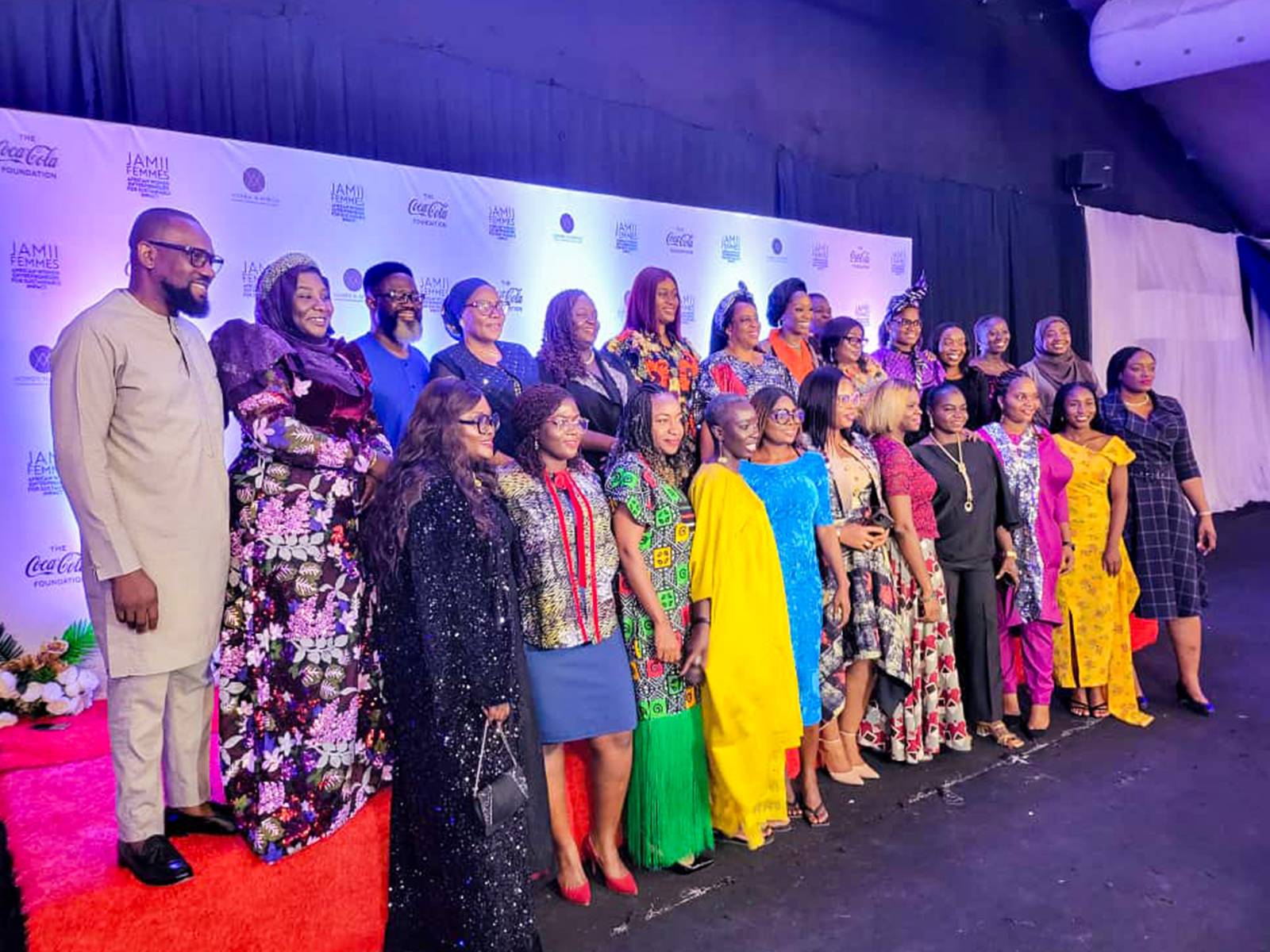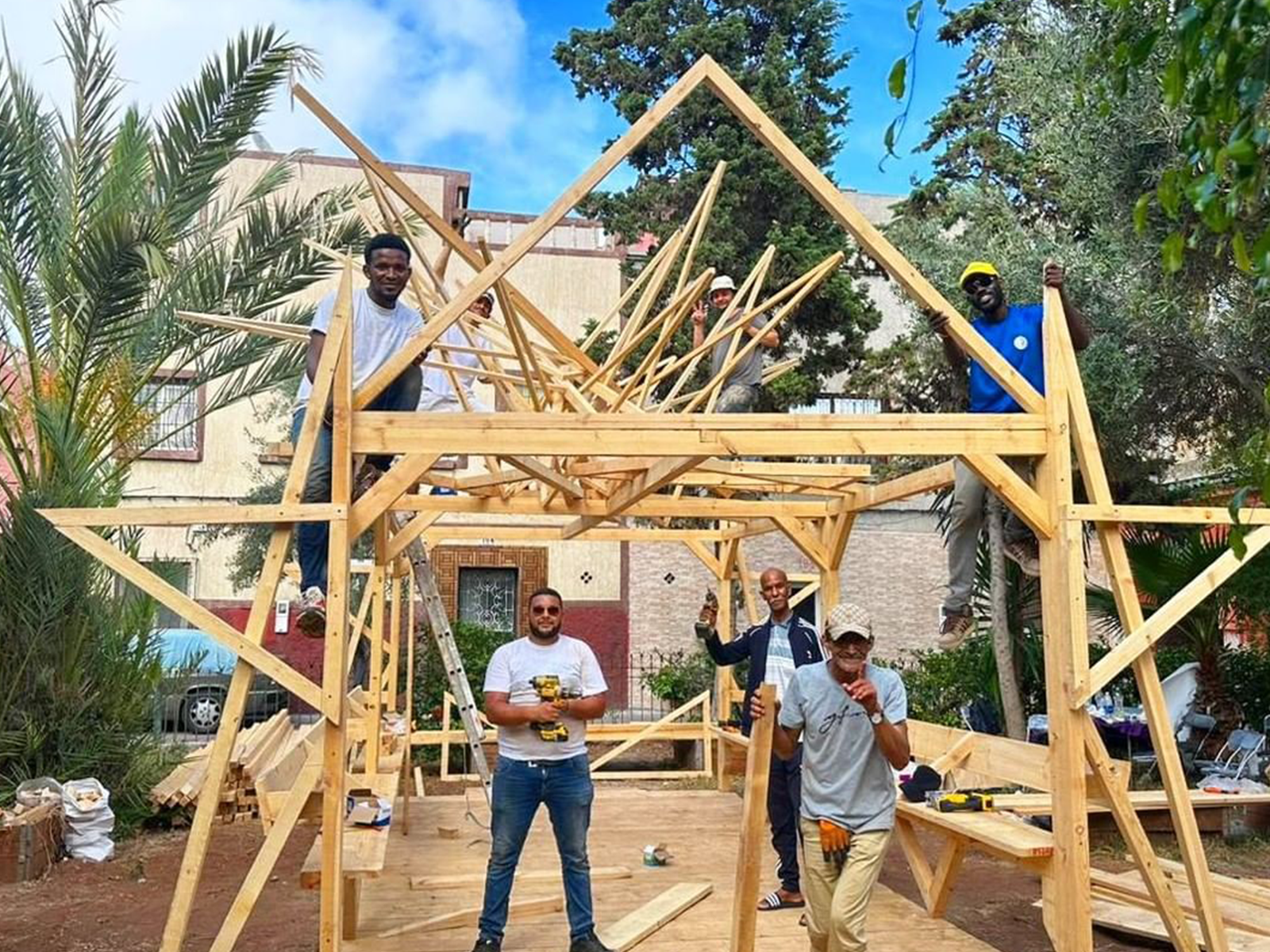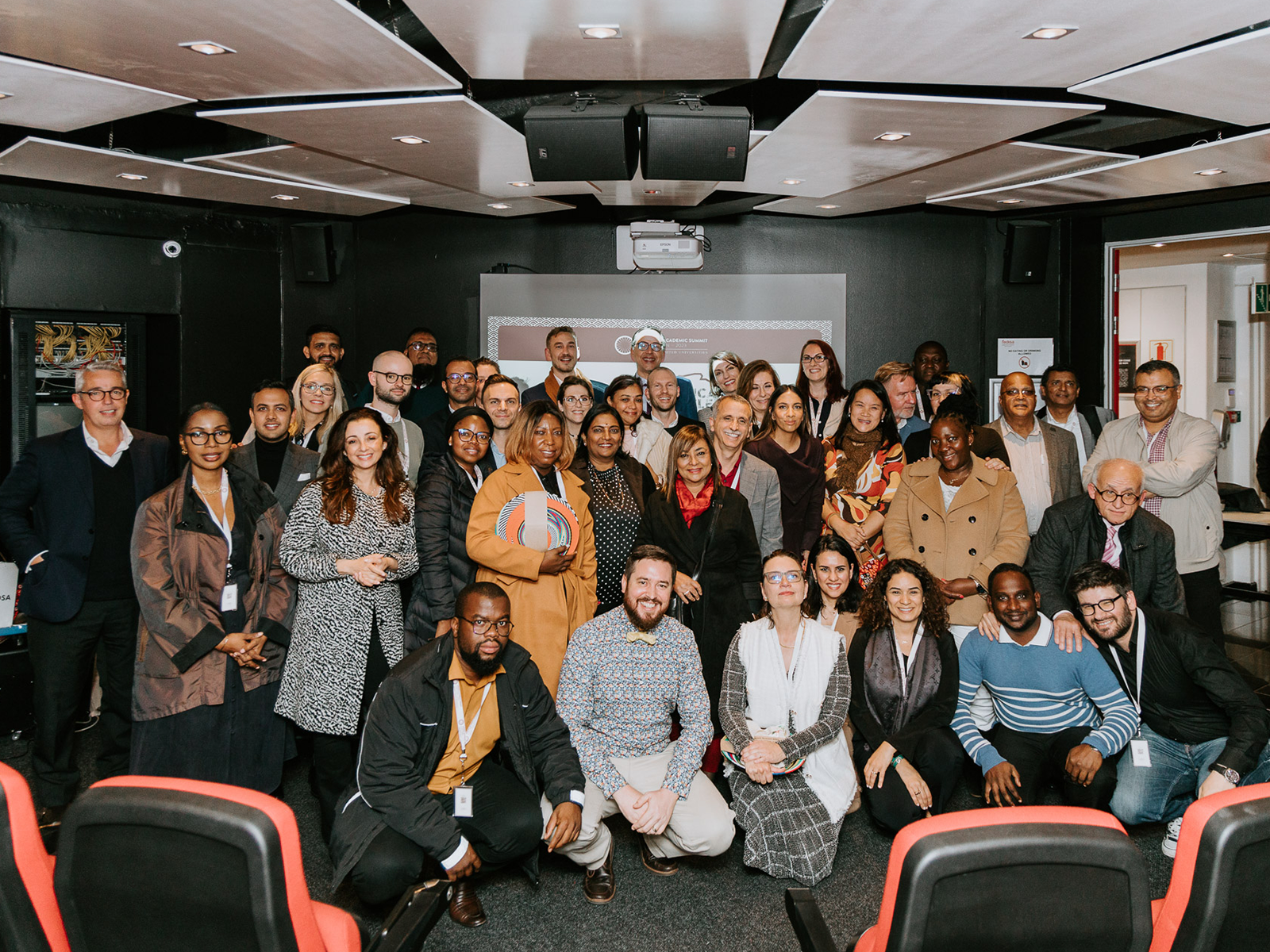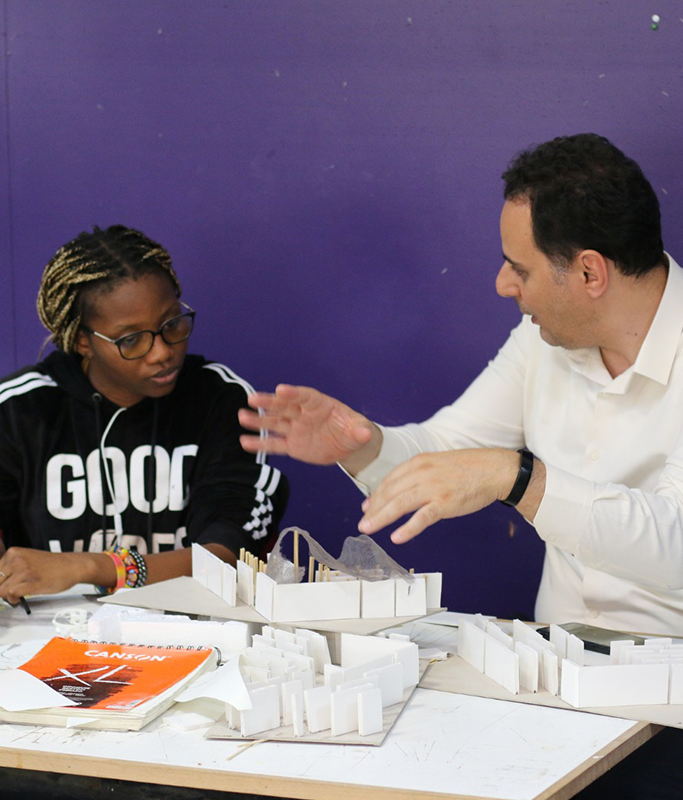
Contributing to urgent action required to tackle environmental risk



Since Honoris’ inception, we have placed a high importance on our contribution to the United Nations Sustainable Development Goals (SDGs), by increasing our adherence to Environmental, Social, and Governance (ESG) frameworks. Both ESG frameworks and the UN SDGs aim to promote sustainability and address global challenges for a more inclusive world. By integrating ESG practices into our operations, we increase our contribution to the achievement of the SDGs.
In particular, the climate crisis is expected to have significant impacts on Africa due to both geographical and socioeconomic characteristics, despite having the lowest output of emissions across the globe.
Contributing to planetary health for the future of our young people is an urgent and collective task. We are proud that SDG7: Affordable and Clean Energy, is now among the 12 SDGs that we contribute to, through various initiatives across the network.
By harnessing our core value of collaborative intelligence, we frequently convene our leaders and faculty to co-curate our campus sustainability roadmap to identify energy efficiency, provision, and carbon savings measures.
Honoris institutions cases
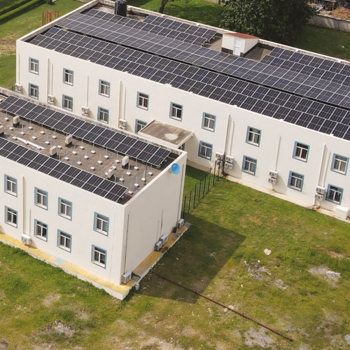
Nile University of Nigeria, Nigeria
Nile University of Nigeria continues to set the pace for the development of renewable energy infrastructure across our campuses. Nile continues to harness its completion of a 1MW solar power system to facilitate uninterrupted power supply to the entire campus and prevent 15,000 tons of CO2. As the development project of the campus and construction and expansion continue, Nile’s staff and students gain a greater awareness of the importance of sustainable energy particularly when volatile markets cause continued distress.
1MW
Solar Power System
15,000
tons of CO2 prevented
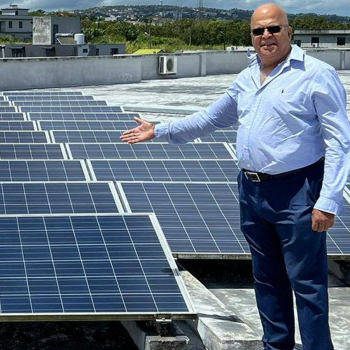
MANCOSA, Southern Africa
As a result of cross-border collaboration, MANCOSA took note of Nile’s success and completed the installation of a 107.5 kW roof-mounted solar power system to its Durban building, before rolling out further solar systems to all its physical infrastructure across South Africa, significantly reducing carbon impact and reliance on the grid.
The latest efforts are in support of the continuing MANCOSA Infinity Green Legacy Project, nurturing sustainability through community development and entrepreneurship. Its network of community gardens continues to impact local lives, increasing food security and educating local learners about sustainability and agriculture. In 2022, the Mandela Rose Wellness Garden was launched in Johannesburg to provide a free space of nature for staff, learners, corporates, and local residents. Whilst the strategic partnership with MUFG’s Meraki Project continues to feed 250 learners every week, in addition to providing on-site training in financial literacy, agriculture, and sports development.
250
learners fed every week at the Meraki Project
Students play a crucial role in contributing to the achievement of the SDGs through their actions, advocacy, and engagement, particularly in our campus-based institutions. Adopting and promoting sustainable practices such as reducing waste, conserving energy and water, practicing responsible consumption, and adopting environmentally friendly habits, all make a significant effect on the environmental impact of our facilities. Through leading by example, Honoris students continue to inspire their peers, families, and communities to adopt similar sustainable behaviors.
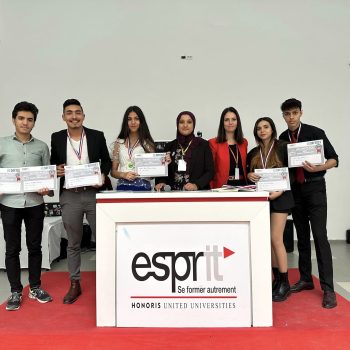
ESPRIT Group, Tunisia
As the ESPRIT Group Tunisia expands its physical presence in major cities throughout the country, the foremost objective to tree planting remains paramount. Students, staff, faculty and leadership are all involved in a conscious effort to increase the quality of campus sites by planting trees throughout the environment. This has inspired its students. In 2022, a group of ESPRIT students achieved the startup certification for their project Tabaani, a sustainable tourism project that supports local communities. For every booked tour through their platform, one tree is planted in a nearby community. The team has received over $7,000 USD in funding and achieved partnerships with the FIFA World Cup Qatar, GIZ, Ultra Mirage Tunisia, and is progressing conversations to expand its footprint through a partnership with Dubai Tourism, having already held tours across Morocco, Jordan, and Egypt.
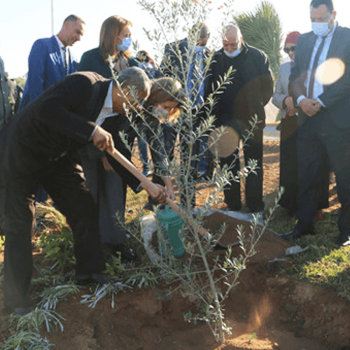
ESPRIT Group, Universite Centrale, and Nile University
Across the institutions of ESPRIT Group, Universite Centrale, and the Nile University of Nigeria, tree planting is carried out as an important contributor to biodiversity and environmental health on campus. Each of these institutions invites new students to plant one tree to contribute to these efforts, and so far, more than 100 trees have been planted. Institution leaders ensure that this is taken into consideration with third-party contractors, particularly at Nile University as the campus continues its expansion plans to create green spaces on campus for students for both study and leisure.
100+
Trees planted across Tunisia and Nigeria
Now, we extend our focus to a robust SDG framework for all students and graduates across Africa. Given our unique position in the African higher education ecosystem, we have an obligation to produce global citizens that take a proactive and intentional approach to supporting the SDGs, whatever field of study they come from.

